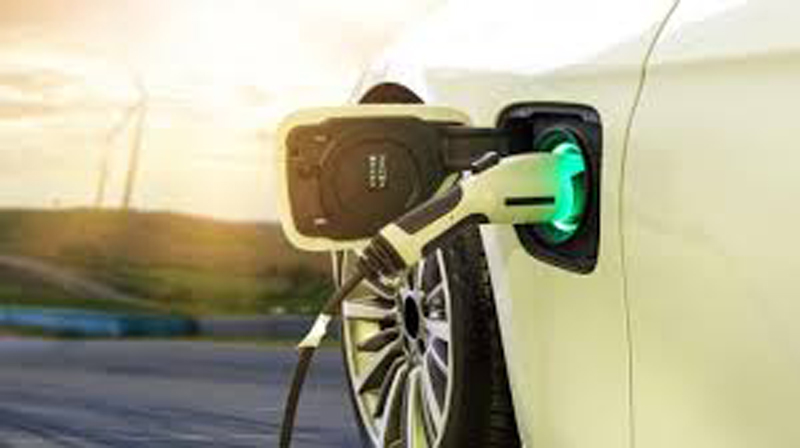A high-level committee has been tasked with formulating a comprehensive Electric Vehicle Policy for the Union Territory of Jammu and Kashmir. The committee emphasises the need for charging infrastructure at the district, sub-division, and tehsil levels, as well as every 25 kilometres on highways, to promote the electric mobility ecosystem.
Charging infrastructure is one of the primary concerns for EV owners. Establishing a robust and accessible charging network is crucial to addressing “range anxiety” and providing EV users with the convenience and peace of mind they need. To ensure the success of the EV revolution, charging infrastructure needs to be strategically planned and implemented. The aim is to provide EV owners with a network of charging options that are easily accessible and conveniently located. Additionally, fast-charging stations along highways and major routes are crucial for long-distance travel and intercity mobility. Tourism, is the backbone of Jammu and Kashmir, proper EV charging infrastructure goes a long way, and having EVs should not be a constraint to visit Jammu and Kashmir. The development of charging infrastructure goes hand in hand with the growth of the EV market. As the number of EVs on the road increases, so should the availability and capacity of charging stations. It requires collaboration between Government bodies, private companies, and stakeholders to ensure the timely and efficient installation of charging infrastructure. The Government is considering allocating a percentage of electric vehicles for future departmental automobile purchases, further emphasising the importance of charging infrastructure. By incorporating EVs into their fleet, the Government aims to lead by example and promote the growth of EVs in the region. Special incentives for Government employees to promote EVs are part of the Government’s strategy.
Overall, the development of charging infrastructure is pivotal to realise the full potential of electric vehicles. It will not only support the growth of the EV market but also contribute to a cleaner and more sustainable future of transportation. Governments, businesses, and communities must work together to invest in the necessary infrastructure to accelerate the adoption of EVs.
Trending Now
E-Paper


